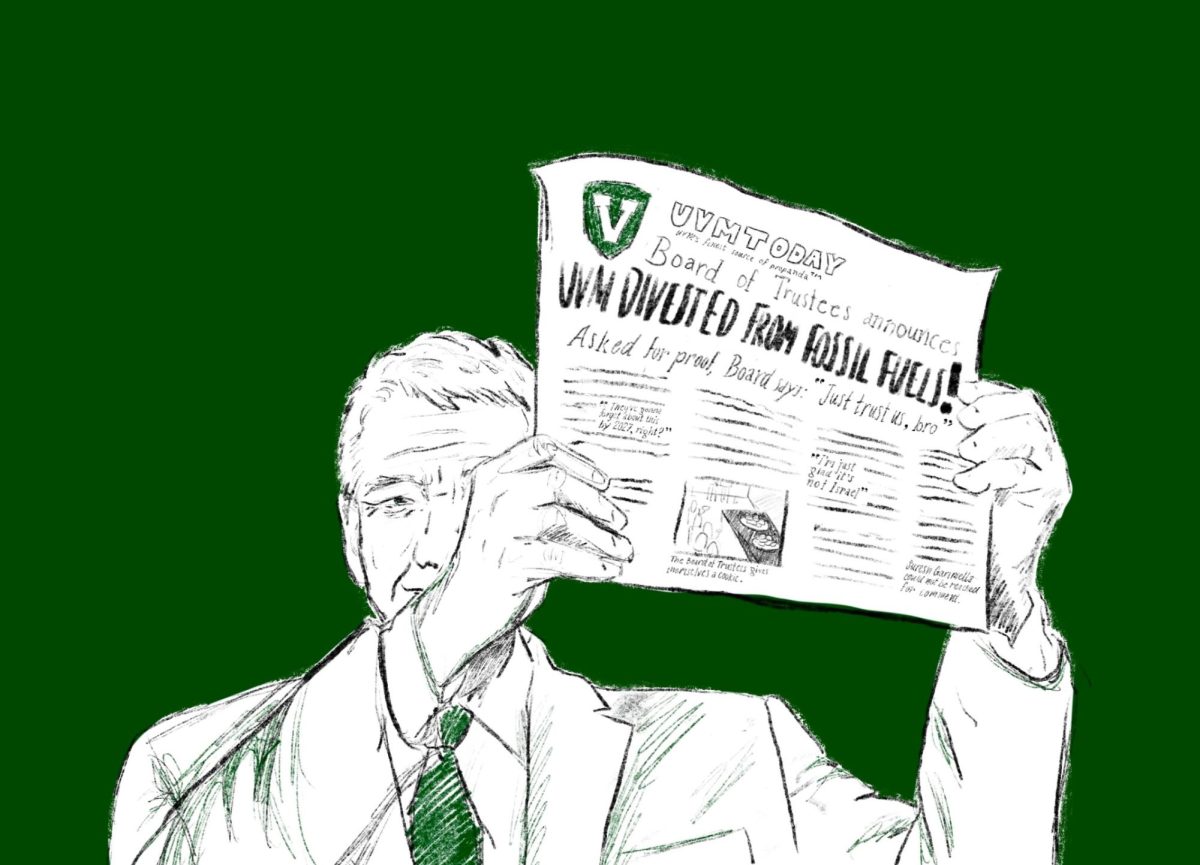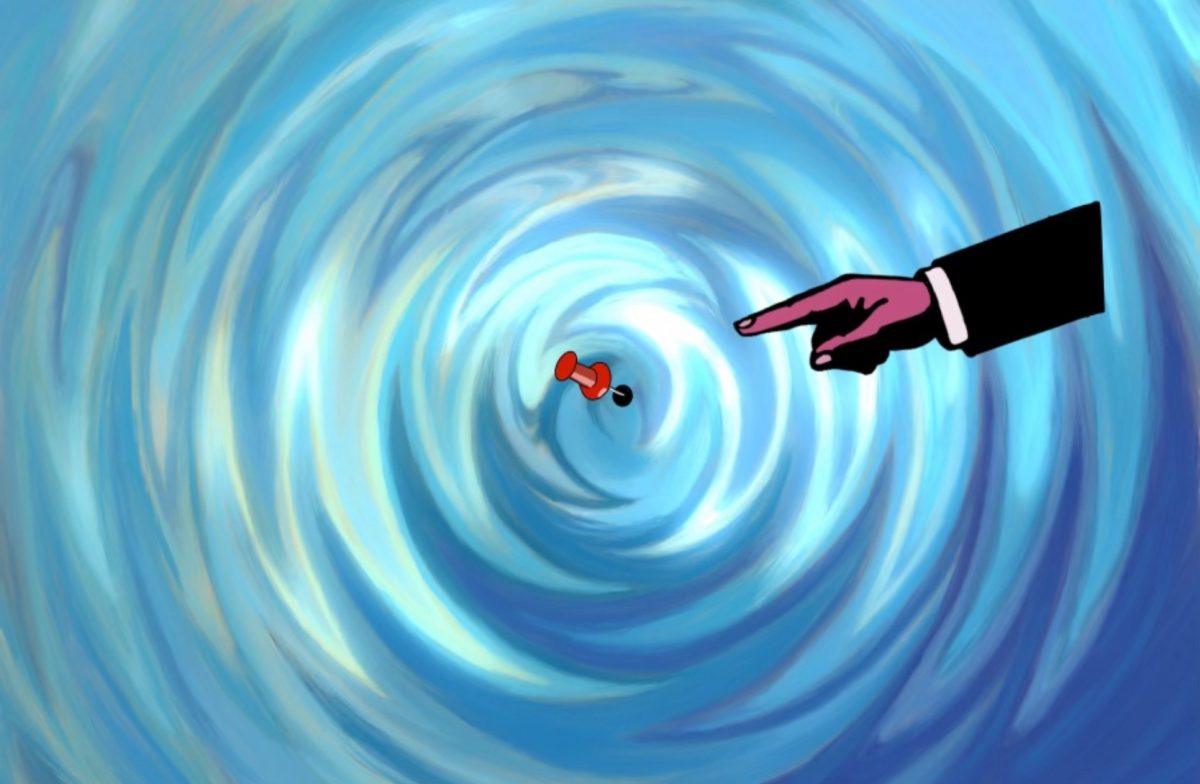I have never been one to hold a strong appreciation for trash — specifically food waste. I dispose of my banana peels and avocado skins quickly and efficiently, without any sympathy for the sorry scraps. I throw my egg shells in the compost bin in hopes that they will someday provide once again by becoming soil. Apart from those activities, I have never considered food waste to be that important — it will decompose, it will disappear and I will move on.Recently, I came across an article in The Burlington Free Press that completely changed my appreciation for waste. The story discusses a developing project in Vermont where food scraps are being used in a way that will completely revolutionize alternative energy technology. The Central Vermont Recovered Biomass Facility in Montpelier is researching the use of food scraps as resources capable of producing electric power and heat. Essentially, the idea is to work with food waste by mixing it with cow manure and blending the combination into a fine sludge. The slop is then run through a machine called a biodigester, which extracts methane gas from the liquid that, in turn, can be converted into an alternative energy source. This idea floors me. We’re able to take rotting food, which so many of us already view as an unpleasant and worthless, and derive enough energy from it to heat a house or to power a computer! Montpelier’s biomass facility is not the first to realize the power of food sludge. A number of dumps across New England employ the methane produced by food scraps present in their trash. A landfill located in Coventry is currently pumping out enough energy to power 5,000 area homes, as well as the dump itself. So much power and it all begins with food scraps.Burlington, and more so UVM, needs to take the challenge of utilizing energy that can be derived from food waste. It would set an important example that such a progressive school, city and state foster great concern for environmental innovation and the preservation of the limited natural resources available to us.








![Can’t buy me [self] love](https://vtcynic.com/wp-content/uploads/2024/04/self-care-FINAL-1200x796.jpg)



